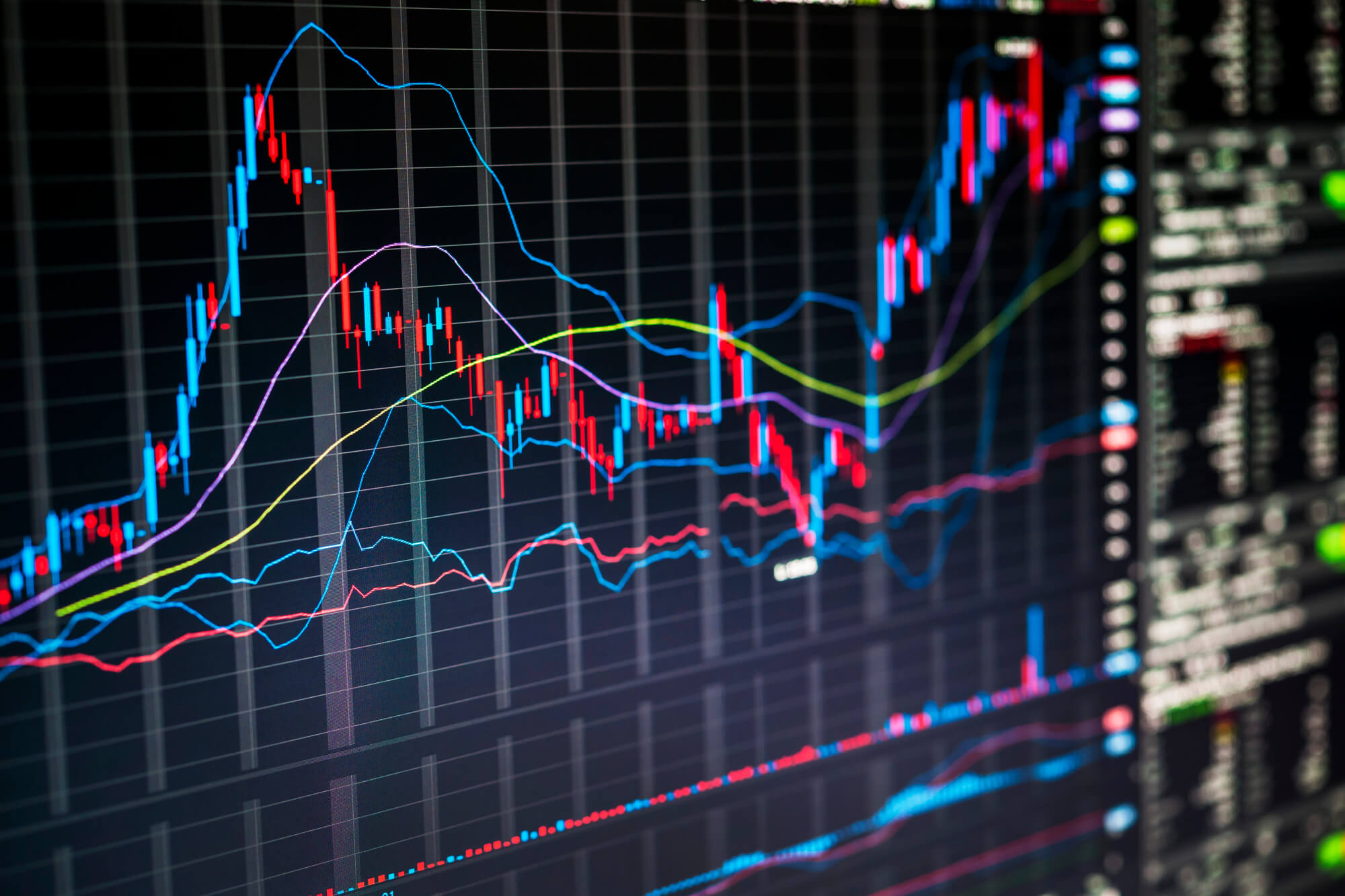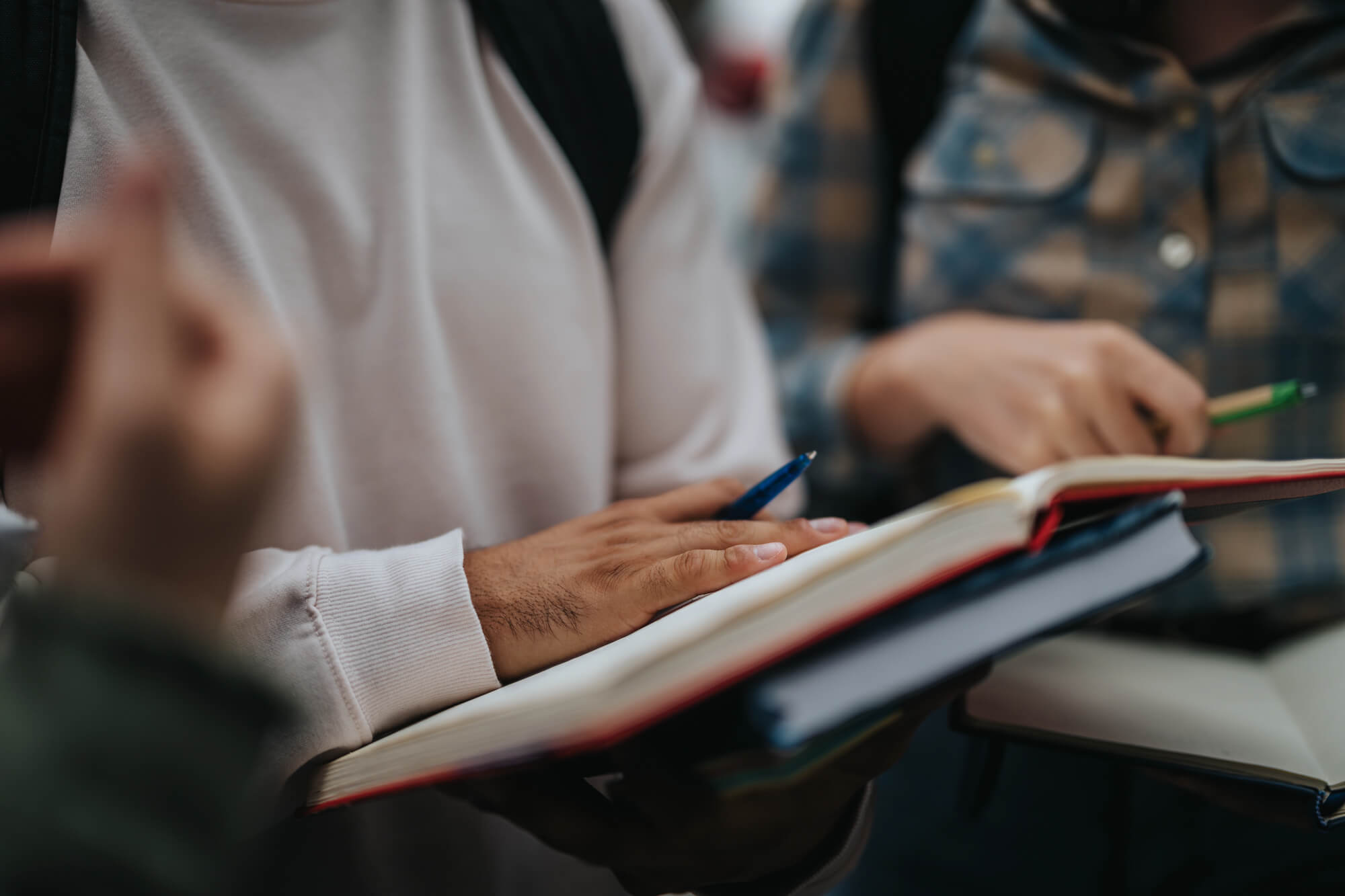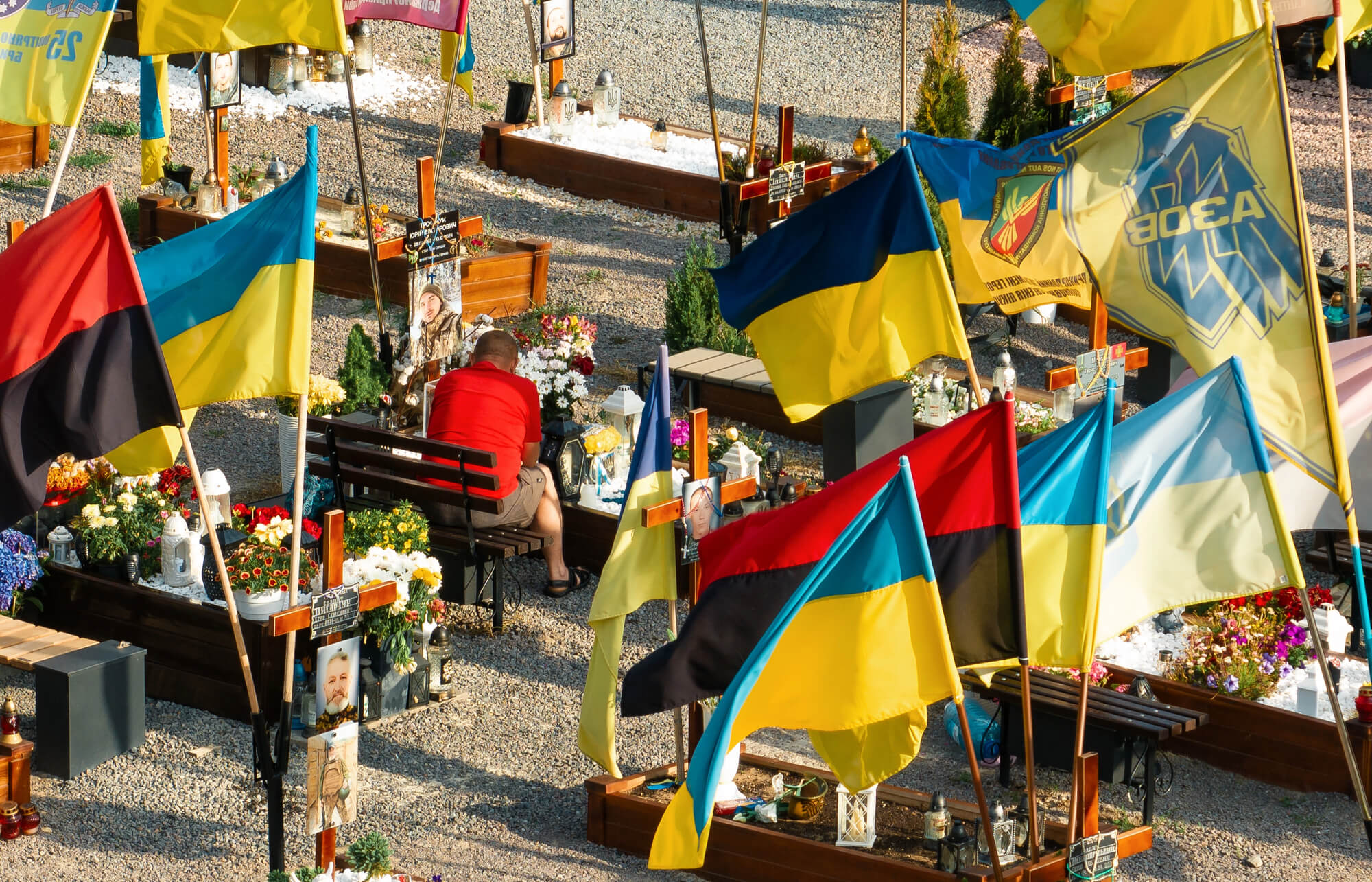Recently a representative of Putin’s opposition, Leonid Volkov (who resigned from chairing the Navalny fund upon the revelation of his signature under the letter calling for lifting sanctions off individual Russian oligarchs), published an op-ed in The Economist arguing for a new design for personal sanctions on so-called Russian elites (oligarchs, heads of state-owned enterprises, members of parliament, etc.).
In a nutshell, his line of argument is as follows:
- the purpose of sanctions is to force Russian “elites” to turn away from Putin and thereby undermine his ability to run the war;
- thus, personal sanctions should offer a “way out” under some conditions, including the condemnation of Putin’s regime by sanctioned people and the transfer of a “sizeable part” of their wealth to Ukraine as compensation;
- otherwise Russian “elites” will consolidate around Putin while challenging sanctions applied by Western governments in courts.
This argument is not only reminiscent of blackmail but also fraught with logical inconsistencies, moral bankruptcy, and lack of justice.
First, the threat of “consolidation of Russian elites around Putin” is a red herring. To appreciate the absurdity of this argument, consider the following question: Would it have made sense to bribe Ferdinand Porsche or Günther Quandt to overthrow Hitler and his regime? No, because they profited enormously under the Nazi rule. They were an integral part of the system. In a similar spirit, sanctioned Russian oligarchs are not victims, they are a central part of the Putin system. As a result, the probability of a coup in Russia is extremely low. Even if the FSB replaces Putin with someone else, and the oligarchs support this new tsar, the fascist nature of Russia is not going to change. In this case, why should the Russian elites have resources to maintain the status quo?
Second, those few Russian ”elites” who may be swayed are held together not by money but by fear. In the early 2000s, Putin (and his backing in the KGB/FSB) made illustrative cases of Khodorkovsky and Berezovsky to demonstrate what happens to “elites” who try to oppose the regime. The message was further reinforced by demonstrative killings, such as the poisoning of Litvinenko or Skripals. Thus, members of the Russian elite are fully aware that genuinely quitting or opposing the system is likely to result in death. It is very doubtful that simple monetary incentives would undermine Russians’ support for the war (although sectoral sanctions can help undermine Russians’ ability to wage war).
The purpose of personal sanctions is to limit the ability of sanctioned individuals to help the Russian state to wage war against Ukraine (including bribing Russia-sympathizers abroad and politicians like Orban). Another important goal, however, is to send a strong signal that the West is no longer a playground for the wealthy Russian elite to escape from the backward-looking autocratic reality they have helped to create in Russia. The fact that any of them or their family members are still able to travel freely and live in the West is an ongoing insult to Ukrainians forced to fight for their country’s survival.
Finally, making a person “clean” in exchange for condemning Putin and some cash is akin to trading indulgences in the Middle Ages. Ironically, Russian propagandists already decry Western democracies as capitalist sell-outs ready to trade values for cash. Pursuing a scheme that gives (sanctions-relief) indulgences in exchange for payment would support this notion, playing right into the hands of Russia and other totalitarian regimes that want to destroy democracies.
Apart from the moral aspect, the cash component raises many practical questions. For example, given that much of Russian money is hidden in offshores, who would determine the amount which a person should pay? Is there an exchange rate (e.g., one Ukrainian is worth $X in compensation)? To get this straight, the wealth of Russian oligarchs will not be even close to fully compensating the damages and suffering they have enabled in Ukraine.
Furthermore, what should happen to those supporters of the regime who do not have much money but nevertheless participated in war crimes (for example, the Russian “commissioner on children’s rights” Lvova-Belova) or helped the Russian economy withstand sanctions and thus prolonged the war (for example, Elvira Nabiullina, the head of the Russian Central Bank, and Anton Siluanov, the minister of finance)? Will they be allowed to get off the sanctions list with just an apology? What about other rogue regimes? Would the “indulgence” policy be extended to the members of Iran’s Revolutionary Guards (which allegedly controls up to 50% of Iran’s economy) and the Taliban (which allegedly profits from the opium trade)?
Historic precedent has shied away from indulgences in favor of criminal justice. Walter Funk, Hitler’s minister of economy and later the head of Reichsbank, was found guilty during the Nuremberg trials, and 21 other ministers were tried and convicted later on. A number of top managers of large enterprises (Krupp, Flick, IG Farben) who made fortunes under the Nazi regime were tried as well and served prison terms.
We would like to conclude with a deeper question: who bears the responsibility for Russia’s war of aggression? It could be too tempting to declare that it was only Putin who was responsible for the war. But was it Putin who killed, raped and tortured Ukrainian civilians and POWs? Was it Putin who financed, produced and fired missiles on Ukrainian cities? Who profited from the war? Who called for denazifying, re-educating, deporting Ukrainians? Who embraced the annexation of Crimea? Putin was not alone in this crime. He had many accomplices who may later claim that they had to execute Putin’s orders (the Nuremberg trials suggest that it is not a good defense) or that they were misinterpreted. Will justice be served? We don’t know, but we doubt that the cynical “deal” described by Volkov will bring justice.
Authors: Yuriy Gorodnichenko, University of California, Berkeley, Anastasia Fedyk, University of California, Berkeley, James Hodson, AI for Good Foundation, Ilona Sologoub, VoxUkraine, Tatyana Deryugina, University of Illinois at Urbana-Champaign
Attention
The authors do not work for, consult to, own shares in or receive funding from any company or organization that would benefit from this article, and have no relevant affiliations




